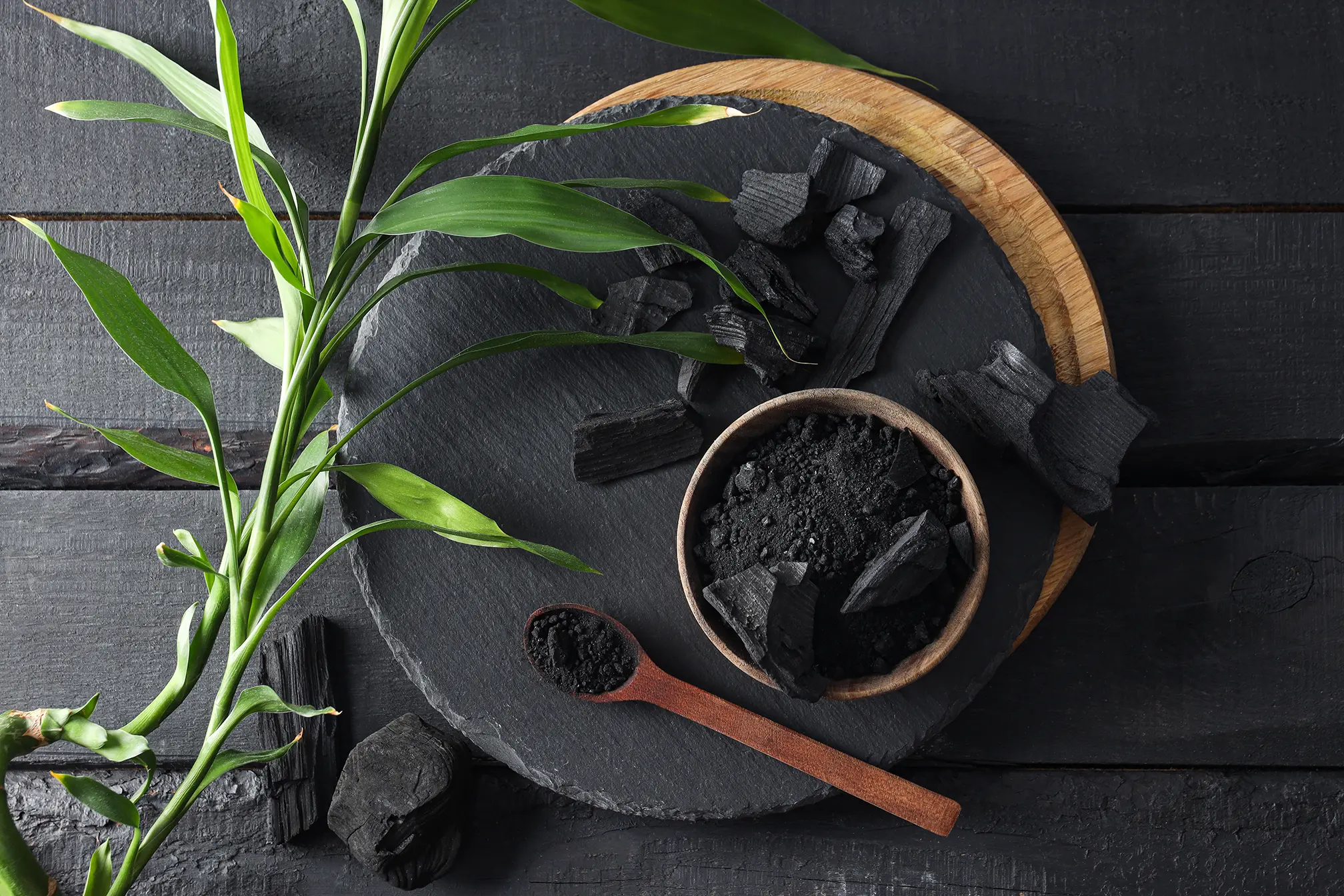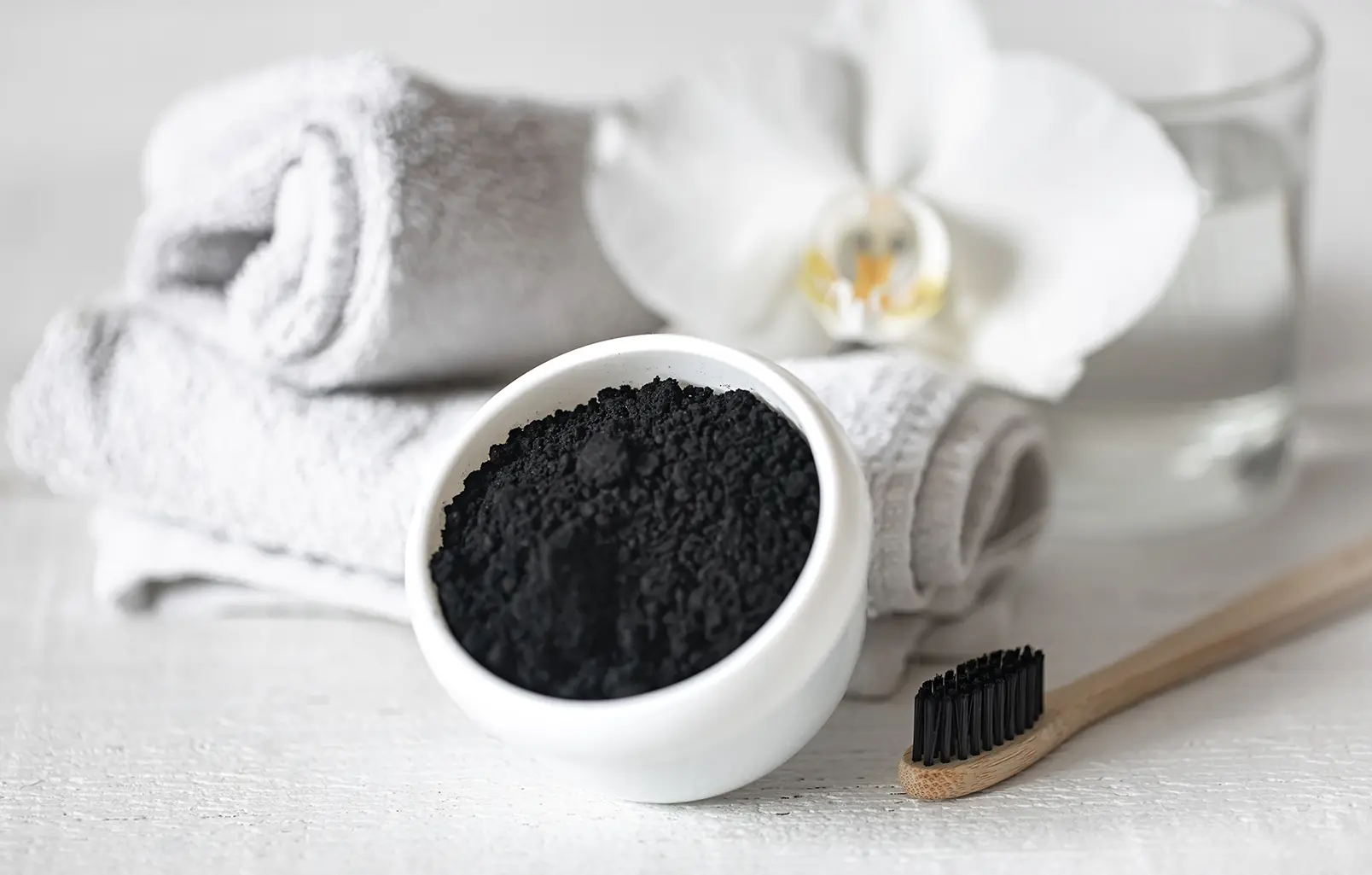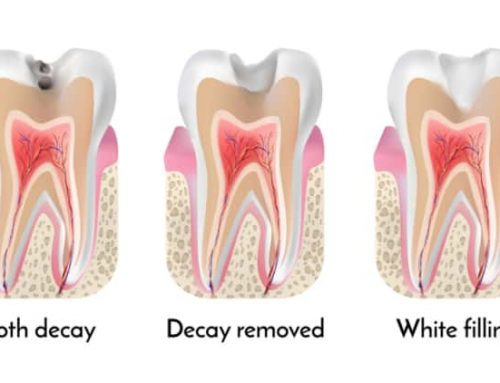Just like pumpkin spice during the Fall season, you’ve probably seen numerous products being combined with activated charcoal. Now, many people understandably see the word charcoal and think of the charcoal used in the grill. However, activated charcoal is not the same thing as what you may see on burnt pieces of food or the charcoal you see used in cooking. To create this odorless, powdery substance, there is a different process.
You, like many people, have probably asked this question: is activated charcoal actually beneficial, or is this just a marketing trend? With the currently available studies and evidence, the answer leans heavily on the side of being a trend. While activated charcoal does have its uses, there is far less evidence (if any evidence at all) to suggest that it has the benefits that many companies claim it has in their products. From supplements to body washes to shampoos and even toothpaste, it probably feels like activated charcoal is some mysterious miracle substance.
Let’s eliminate the mystery and explore what activated charcoal really is, and what it does.
How Is Activated Charcoal Made?
As mentioned before, activated charcoal, also sometimes referred to as activated carbon, is not the burnt bits on a steak or the lumps you throw into a grill. To create this powdery substance, it is sourced from materials like wood, coal, coconut husks, and even petroleum pitch, which is then subjected to extreme heat in excess of 600 degrees Celsius (or about 1,112 degrees Fahrenheit!). Although there are two methods to create activated charcoal (a physical method and a chemical method), the result is still a highly porous powdery substance that has been slapped onto just about any personal care product possible.
One thing is for certain: you should not try to create this at home!

Uses For Activated Charcoal
Despite the skepticism for activated charcoal when it comes to personal care and hygiene products, it does have a wide variety of uses. These uses stem from its adsorption properties. No, that is not a typo. By definition, adsorption is the process by which a solid holds molecules of a gas or liquid or solute as a thin film. In simpler terms, it acts as a sponge to gases and certain solutions. This is the primary reason why activated charcoal is used in a lot of industrial, environmental, and even medical areas in the world. However, it is this property of adsorption that companies are heavily relying on to sell their products.
When it comes to proven medical uses, activated charcoal has only been shown effectively treat incidents of poisoning. Basically, it has strong anti-toxin properties. Outside of the medical world, it is also often used in air and water purification, the treatment of sewage, and the air filters that are found in respirators. Companies decided to utilize the explanation of these uses into their products to bolster the legitimacy of their uses. In many places, activated charcoal is used to treat things such as food poisoning, intestinal gas, diarrhea, and even hangovers. However, there is currently no strong scientific evidence to support any of these claims.
Activated Charcoal in Dental Care

With that basic information about activated charcoal out of the way, now we can explore the trend for the powdery substance being used in dental care. No doubt you have seen a surge in dental products, primarily toothpaste, that boast the added benefits of activated charcoal. Primarily, many of these companies are making the claim that activated charcoal will help to whiten your teeth. Unfortunately, there is zero evidence that activated charcoal whitens your teeth. If anything, there is more evidence to suggest that it has absolutely no effect on teeth whitening.
Here’s the most important word for activated charcoal in dental care: abrasive. While it will not whiten your teeth, activated charcoal has been shown to remove some stains. But removing stains is not the same thing as whitening your teeth. Because of its abrasive property, regularly using a toothpaste with activated charcoal in it could actually do more harm than good as it can actually wear down the enamel. When it comes to teeth stains, the substance also only removes stains from the surface. Activated charcoal also can’t stop your teeth from yellowing and may not even be able to remove severe stains from your teeth.
Professional, Science-based Dental Care from Pickett Family Dental
Currently, there is simply not enough scientific evidence to back up the claims that are being used by companies to sell many of their activated charcoal products, particularly when these companies are not explaining the very real risks of using such an abrasive substance on your teeth. At Pickett Family Dental, we always remind our wonderful patients to seek expert medical and dental advice before jumping onto a trend wagon. Many mainstream companies, even the ones that sell dental hygiene products, will use carefully selected marketing gimmicks in order to capitalize on current trends. If you have questions, feel free to reach out to Dr. Tyson Pickett, DDS FAGD, DDS FAGD or anyone here at Pickett Family Dental.



